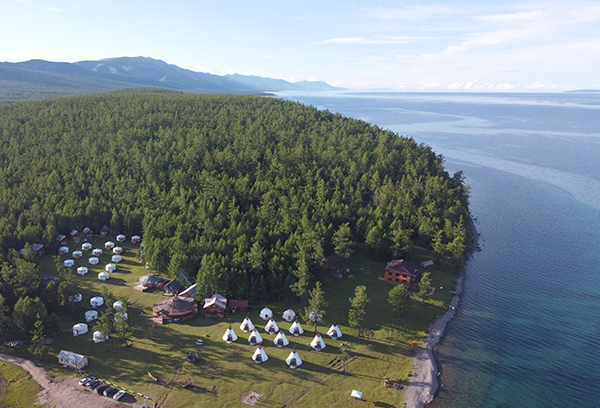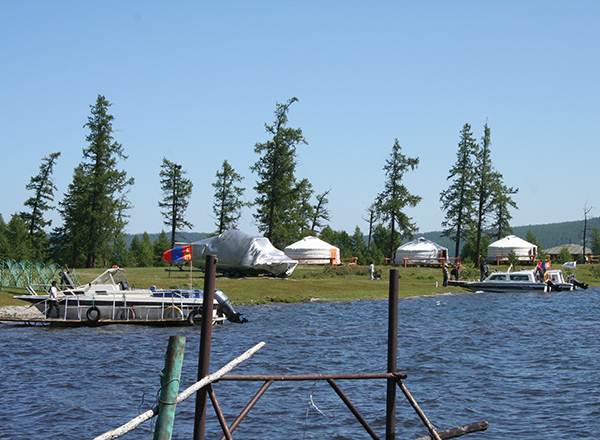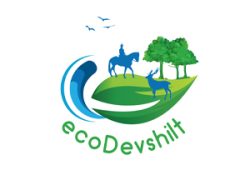MONGOLIA, ASIA
Lake Hovsgol
The iconic Hovsgol Nuur (nuur means “lake” in Mongolian) is the largest freshwater lake in Mongolia by volume and second largest by area after Uvs Lake. It is located near the northern border of Mongolia, about 200 km west of the southern tip of Lake Baikal. It is nicknamed the "Younger sister" of those two "sister lakes". The lake's name is also spelled Khövsgöl, or Huvsgul in English texts. The lake has a huge spiritual significance to the local herder communities. Local people call Hovsgol “Mother Sea”.
What makes it special
Hovsgol is one of seventeen ancient lakes in the world, being more than 2 million years old, and the most pristine (apart from Lake Vostok), as well as being the most significant drinking water reserve of Mongolia. Its water is potable without any treatment.

Local Communities
In Hovsgol National Park in northern Mongolia, about half of the people still live as traditional nomads and defy the increasing rural exodus and alienation of Mongolian traditions.
Threats
Recent studies has identified high levels of plastic pollution (esp. microplastics) in the lake, showing that even small rural populations can cause high plastics pollution levels, as high as elsewhere around the world.
The Living Lakes Network awarded Lake Hovsgol as Threatened Lake of the Year in 2015.

Our Work
The Hovsgol National Park has a garbage problem. For many years, the volunteers of our partner ecoDevshilt have helped the park staff to collect waste and bring it to the local Hatgal landfill. Recently, however, they reached their limits in view of the constantly increasing amounts of waste. Since 2020, GNF has been cooperating with ecoDevshilt to make local tourism more sustainable by establishing a self-sustaining waste management system.
ecoDevshilt
www.ecodevshilt.com
info@ecodevshilt.org




